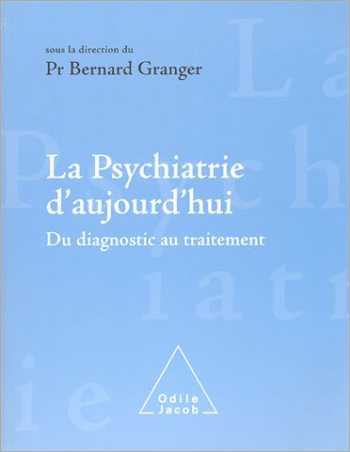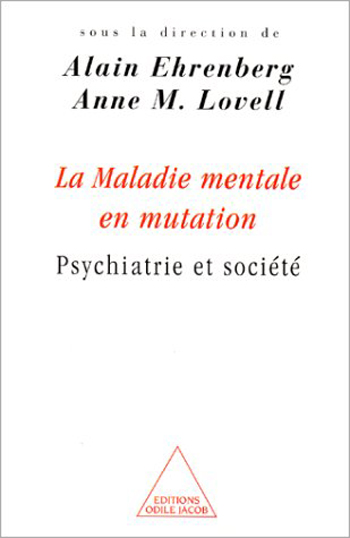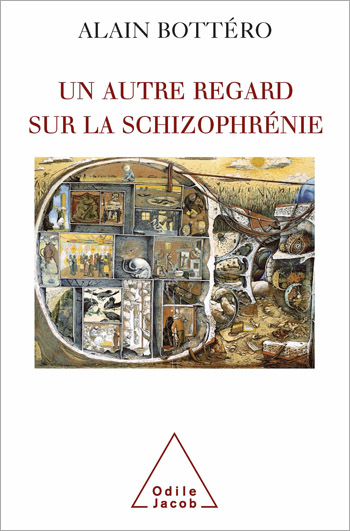Psychiatry All books

Michel Lemay
Autism Today
What do we know about autism today ? How can it be treated ? What is the cause ? In this book, the author offers a clear appraisal of the contributions and failures of various disciplines (psychoanalysis, neurobiology, genetics, chemical and drug treatment, and behavioural and cognitive therapies), and makes a case for a multidisciplary type of medicine. It offers both parents and professionals a great source of strength with which to fight against autism. Michel Lemay is a psychiatrist and professor of child and adolescent psychiatry. A world-renowned specialist in autism, he is the director of the clinic on autism and invasive development disorders at the Hôpital Sainte-Justine in Montreal.

Raymond Cahn
The End of the Couch ?
Why do psychoanalysts refuse to review their methods, while simultaneously recognising that life-styles have evolved and that new pathologies have come into existence? Why, for example, do they remain devoted to the psychoanalysts couch, while realising that certain cures are at a dead-end? This is a controversial work on the challenges facing psychoanalysis a field that had its hour of glory in the 1960s but has since been somewhat discredited. Raymond Cahn is a psychiatrist and psychoanalyst.

Jean Adès, Michel Lejoyeux
Give Me More! Gambling, Sex, Work, Money
Do we live in an age of addictions? Some pass their time in the office, to the detriment of their family life. Others blow their budget on useless and spontaneous buys. Others still crave thrills and sensations, obtained through participating in extreme sports. But is there a link between a drug addict and a person addicted to shopping, sex or work? Are these new dependencies increasingly frequent, symptomatic of our society? Where does pleasure stop and danger begin? Jean Adès is professor of medicine. Professor Michael Lejoyeux is a psychiatrist.
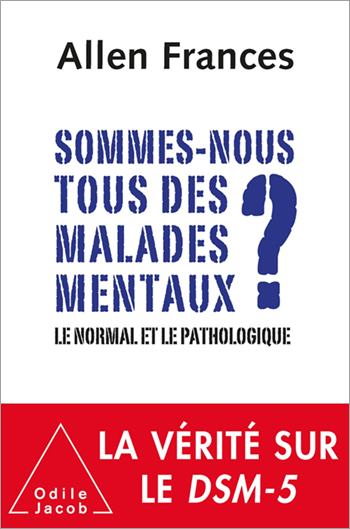
Allen Frances
Saving Normal An Insider’s Revolt Against Out-of-Control Psychiatric Diagnosis, DSM-5, Big Pharma and the Medicalization of Ordinary Life
A scathing indictment of psychiatry’s unchecked medicalization of normality
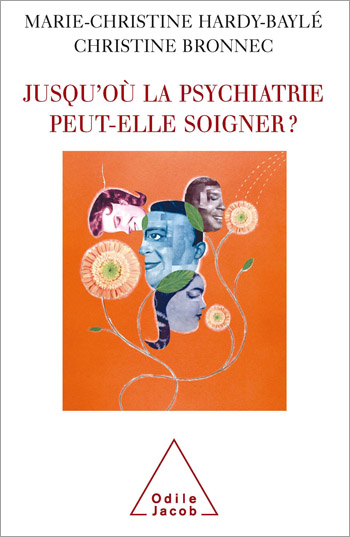
Marie-Christine Hardy-Baylé, Christine Bronnec
What are the Limits of Psychiatry ?
On the one hand, an ever increasing demand, on the other, widespread agreement that the profession in is the grip of a crisis. The result is that the supply is badly equipped to deal with the demand. What are the origins of this crisis ? Does it run as deep as the very foundations and identity of psychiatry itself ? In particular, what can be done to transform this natural diversity into a real strength ? Psychiatrist and psychoanalyst, Marie-Christine Hardy-Baylé works at the André-Mignot hospital, and is a professor of medicine at the University of Saint-Quentin-en-Yvelines. She heads the Association for the Promotion of Public Health of Yvelines Sud. A hospital director, Christine Bronnec, is in charge of the ANEAS project to evaluate psychiatric needs, and is co-president of the Association for the Promotion of Public Health of Yvelines Sud.

Jacques Barillon, Paul Bensussan
A Criminal Desire
Jacques Barillon and Paul Bensussan show, on a European scale, the ravages caused by an overly psychological approach to the law. They resolutely denounce the extremes and excesses of the new moral and sexual order that is now being proposed for the general good. It will mean tolerating that the judicial system, primarily concerned with the victims well-being, will renounce enforcing the Law, with the approval of psychiatrists and psychologists. This is an indispensable and disturbing book that should help to awaken our anaesthetised critical sense. Jacques Barillon is an internationally renowned lawyer specialising in criminal law. Paul Bensussan, a psychiatrist, sexologist and legal expert, specialises in sex crimes.
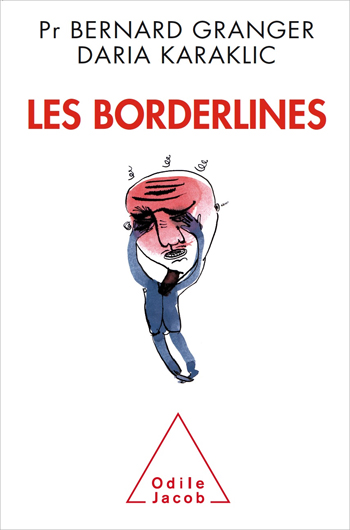
Bernard Granger, Daria Karaklic
Borderline Personality Disorder
If you suffer from borderline personality disorder take heart — it is not irreversible!




